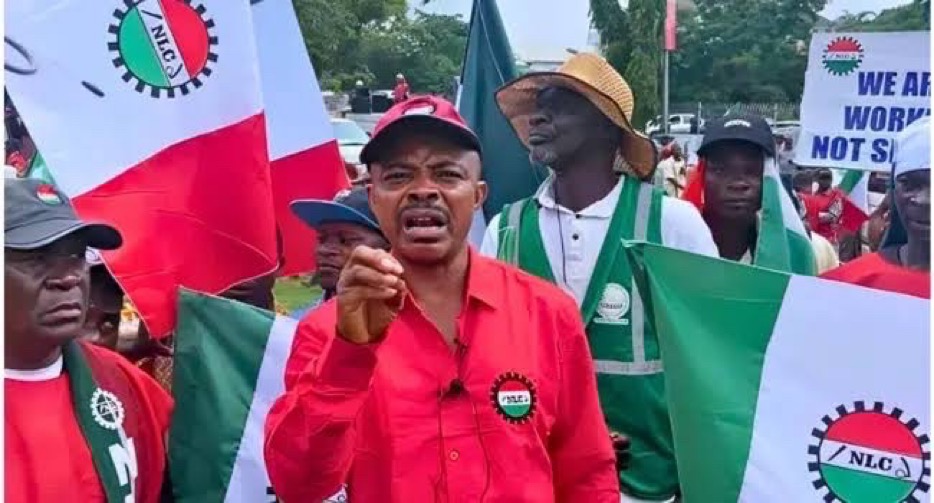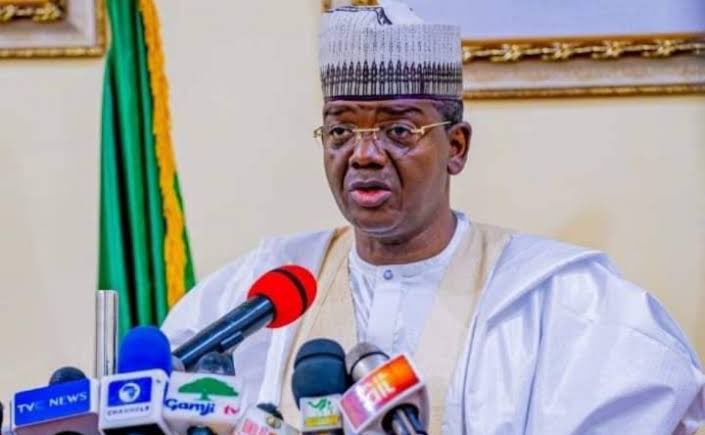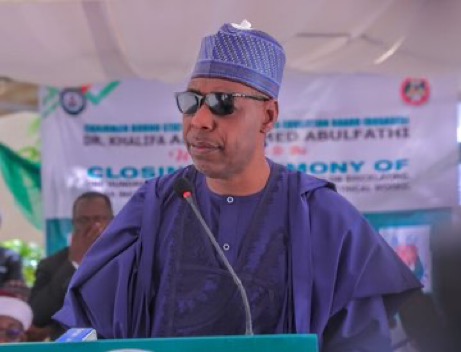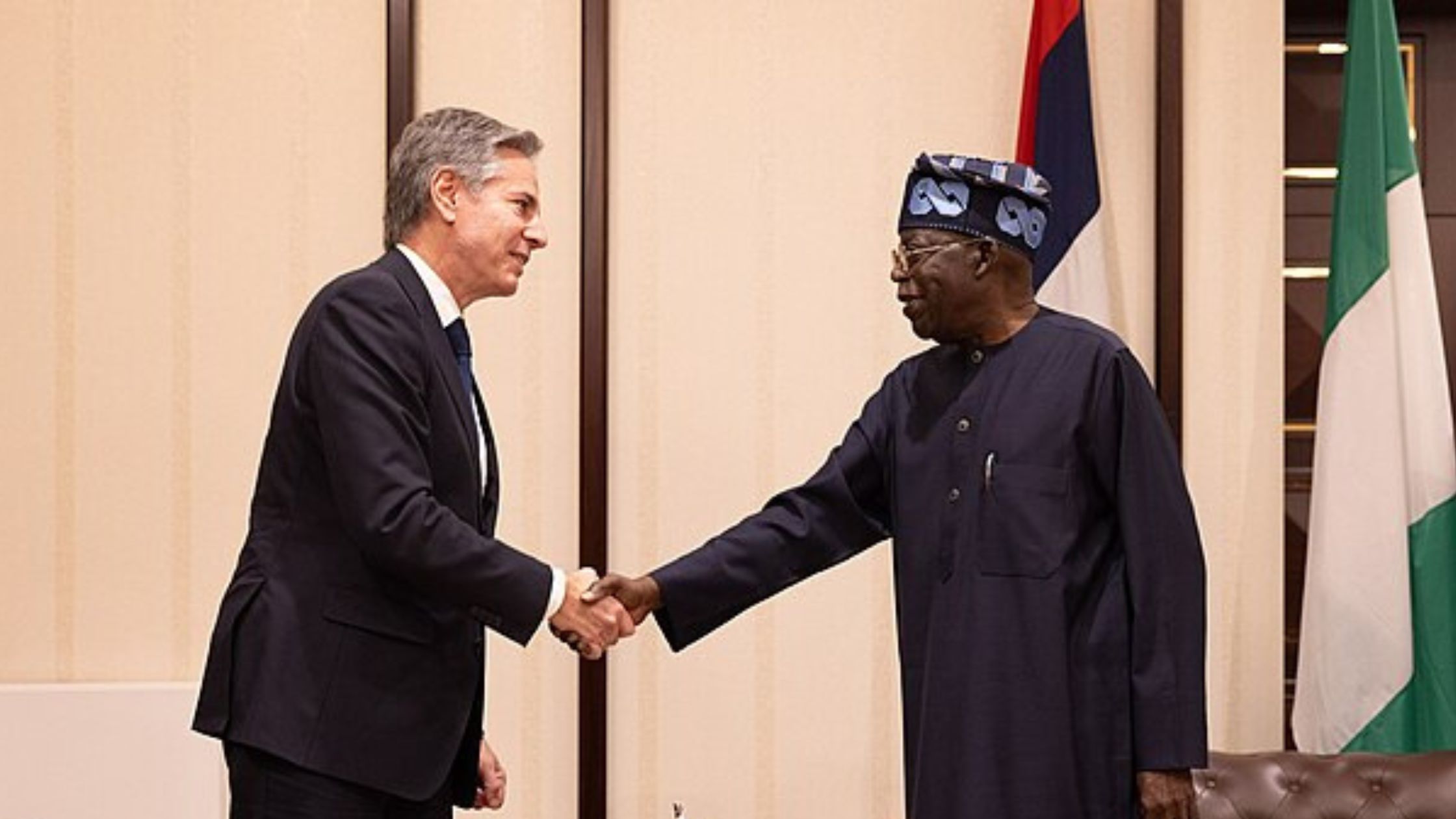Joe Ajaero, President of the Nigeria Labour Congress (NLC), has shed light on a dramatic behind-the-scenes negotiation with President Bola Tinubu concerning the country’s minimum wage and the contentious removal of fuel subsidies. During a revealing interview on Arise Television, Ajaero disclosed that President Tinubu proposed a ₦250,000 minimum wage—but with strings attached.
According to Ajaero, the President offered the wage hike as a trade-off for removing fuel subsidies completely. Tinubu reportedly argued that fuel prices in neighboring West African countries were significantly higher and that Nigeria could no longer afford to keep subsidizing petrol. However, the NLC pushed back, rejecting the proposal on the grounds that the economic consequences would be devastating for Nigerian workers.
Ajaero emphasized that while a higher minimum wage is urgently needed, it cannot come at the cost of policies that would cause widespread inflation, increased transportation costs, and further hardship for ordinary Nigerians. He noted that the union remains committed to negotiating a sustainable wage structure, but warned that the government’s attempts to use fuel subsidy removal as leverage could backfire.
The disclosure has stirred public reaction, with many citizens expressing mixed feelings. While some view the proposed wage as a step forward, others worry about the real-life impact of fuel price hikes on food, housing, and transportation. For now, the impasse continues as the NLC holds its ground.








Leave a Reply